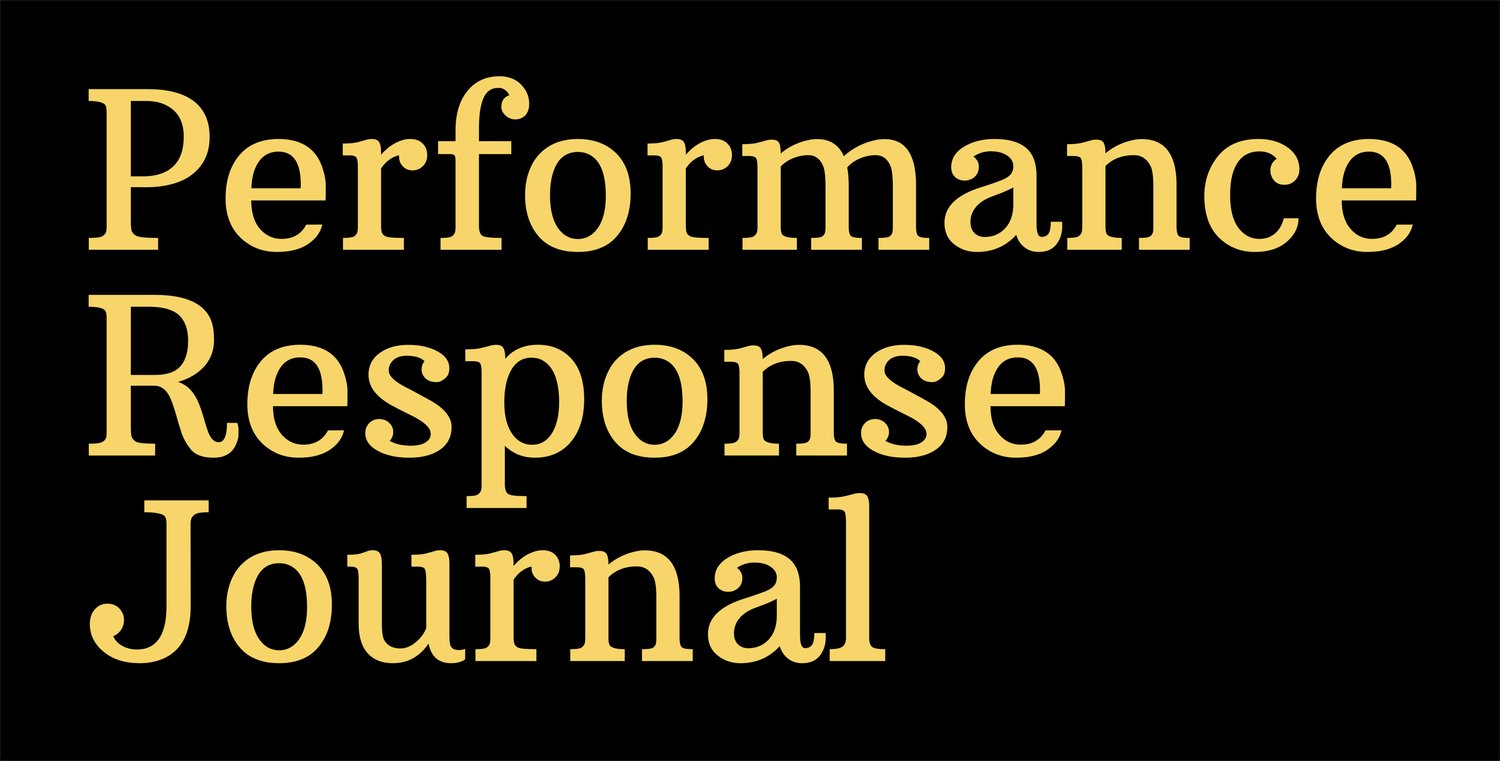A Dance Score: A response by Hope Houston
Photo courtesy of Hope Houston
Pictured: Hope Houston (dancer and choreographer), Seema Patil, Nicole , Kyndall Evans, Ashley Bryant, Ava Maier, Anjali Bhagat, Hayley Morgan, Annie Morgan, Armony Nichols, Alexa Cox, Cate Kiso, Sophia Tarpey, Natalie Ashkar, Marilyn Lercel, Jordan Michalicek, Sarah Vaidyan
Work Title: Dear Violence, 2019
Show Date: March 9, 2019
**********************
We turn right. Right. Everything must be right.
Right and
Lift
Lift, but only those with privilege may lift their entire bodies. Move gracefully, vividly.
white.
white is gracefully moving towards the right. Strength and power directs white bodies to the right and utilizes that power to ground themselves in a strong, deep plié.
Rooted.
Rooted in movement, structure, and space that is not their own.
They raise their arms and move without acknowledging the
Black Bodies
Black Bodies that moved, explored and built
Bodies that are alive and well
Alive with amounts of energy white bodies may never inhabit
They move together in unison
Unison Unity
Although in unison there are two different energies:
Grounded, Restricted, Strong
Free, Technical, Traditional
Grande jété
Move from one place to another
The movement allows there to be mobility
Mobility is accessible only for some
Others, they must stay in place
They are forced to stay in place
Mobility is limited
They depend on one another to continue to build their presence
A Presence that is grounded
It exists everywhere
Speed intensifies
Changes the discourse
Black comes forward
Downstage
Down, they continue to ground their presence
taking the lead
claiming their space
Movement changes
There is a separation
Until everyone is in unison again
White bodies follow the movement of Black bodies
But why?
To steal
To love
To give space?
I move as an entity that carries the weight of both
I ground myself in the movement of the Black Bodies
I have learned and partaken in colonized movement
I have dreamed to be in the shoes of the white dancer
I have dreamed to be in the shoes of the black dancer
I cannot do either
So what do I do
What does it mean to inhabit these two identities
Moving with or for one group over the other
Taking up space
or
claiming space
Tendu means tense
Tendu
Simple move in Ballet but it’s meaning describes what I embody
Trained in Ballet
My body has been colonized and continued to keep this practice alive
My body recognizes it may not be welcomed in Ballet spaces
I recognize that Ballet is not the foundation
White westernized dance is not the foundation
It is not rooted in anything
whiteness tries to claim the moves
the energy
the technicality
of Black movement
Foriegn invasive plants impact the water, the quality of life for that particular plant
Entering spaces and claiming territory that is not theirs to claim
white bodies in unison with Black bodies
white bodies claiming the movement Black bodies
We should not claim space that is not ours
unison does not need to be occurring throughout the entire piece
White bodies exit through the left wing
Black bodies claim space
The transition is a learning moment
Appreciation
Acknowledging the space that was taken up
Black bodies hold power
Power as their movement becomes lifted
No longer restricted
But embraced
Genuine
Original
I learn through their movement
I take steps back
Their bodies hold power
Their movement is present
Moving closer together
One body on top of the other
The entirety of the dance floor is covered corner to corner with radiant black bodies moving
Moving in the way that speaks from their experience
their culture
Blackness is contemporary
Whiteness is exclusionary but holds the ability of reflection
Inner reflection of what may be wrong
Still
I am
I see myself, the identities I hold
The stories I carry
The movement I produce
I claim my story and experience
unlearn colonialist practices and appreciate cultures
move with intention and the love to learn from those who differ you
that is the contemporary practice of dance i will practice moving forward
claiming my story centerstage
*********************
Hope Houston is a 20 year old, biracial second-year student at the University of Chicago studying History and Critical Race & Ethnic Studies with a minor in Education & Society. She trained in dance from the age of 2-19 at Dimensions Dance Center in her hometown, St. Louis, MO. While attending the University of Chicago, she continued to learn about dance through an academic lens. She is interested in how black bodies are portrayed in dance and through movement, as someone who danced as a black woman in a white space growing up. Hope hopes to incorporate her passion for dance into her current studies by understanding its history and unpacking some of the racist practices embedded in westernized dance.


